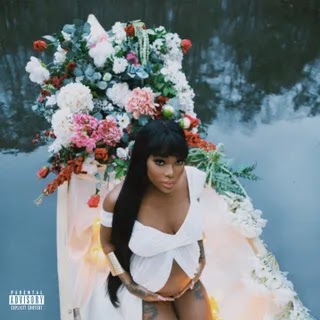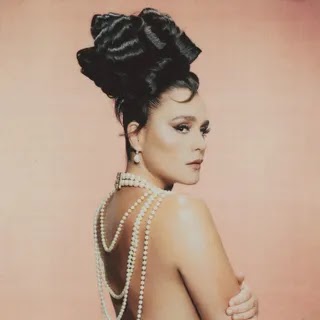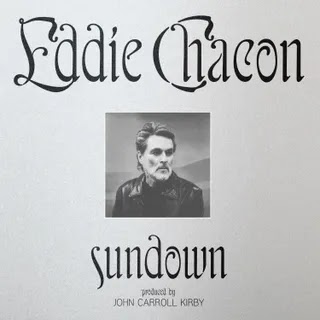On the heels of a new signing, the singer remerges with a four-track EP that reworks songs from her previous albums, coupling the flexibility of her original compositions with daring musicianship.
Laura Mvula has a knack for drawing out and distilling several moods in one song. On “Make Me Lovely,” from her outstanding 2013 debut Sing to the Moon, she alternates beautifully between defiance (“I can’t make you love me”) and whispered insecurity (“Don’t want the world to lose my soul”). Her 2016 follow-up, The Dreaming Room, went further by tapping the London Symphony Orchestra to fill out the emotional landscapes of her complex and layered arrangements to stunning effect. Mvula’s classical training is evident and is the easiest influence to parse out, but it’s just one color in a palette that includes jazz phrasing, funk, soulful melodies, and mastery of repetition.
Frankly, Mvula’s music is what pop should sound like: an unpredictable and stirring amalgam of genres. While mainstream success has remained frustratingly out of reach for her, Mvula’s mark in the pop world hasn’t gone unnoticed and has garnered her a crew of high-profile supporters, including Jill Scott, Nile Rodgers, and the late Prince. So when Mvula was unceremoniously dropped from her record label via email in 2017, less than a year after the release of her second album, it was not only painful but confusing to her. “I didn’t understand. I was always told I was such a valued part of what Sony had become,” she said at the time. “I was an artist who was taking risks and doing things that were fresh and genuinely new—I believed them.”
Save for a few guest features and an entry for a film soundtrack, 1/f marks Mvula’s first release in the five years since The Dreaming Room and the subsequent label fallout. The EP, which consists of three reworked versions of songs from her past two albums and a Diana Ross cover, comes on the heels of her signing with a new label. There is no new material on the EP, but sonically it signals a departure for the singer. The acoustic orchestra has been swapped for an electronic one, replete with synthesizers, electric keys, and a staccato pulse that’s reminiscent of both the neon sheen of ’80s pop and Prince-era funk. Instead of just putting a new dress on her older material, Mvula’s reworks have shifted the emotional center of the songs, tapping into a skill that made her prior work so compelling. The flexibility of the original compositions coupled with Mvula’s daring musicianship lends themselves wonderfully to a set of reimaginings that speak to her current position as an artist—closing the chapter on a past life and stepping into a promising future.
“Sing to the Moon” takes the measured encouragement of the original and spins it into something brighter and more forceful. If the former glided, this rendition charges forward with a spirit of determination. Accented by a metronome-like loop, the rework sheds the melancholy of the original and repurposes the choral harmonies into an anthem of uplift. The Dreaming Room’s tour de force, “Show Me Love,” makes a triumphant return as a celebratory ode to a former lover. The original sat firmly in the immediacy of loss—pleading and praying for love’s return—but this version feels redemptive. With a palpable sense of appreciation in her voice, Mvula has moved beyond mourning to cherish the best of the past amid a crescendo of sunny synths. On “Green Garden,” the multi-tracked vocals and handclaps are stripped away for Mvula’s solo voice and slinky guitar riffs. The result is a sultry update that points most clearly to Mvula’s new sound: loose, super funky, and sexy. Where the original garden was brimming with childhood innocence, this one holds the thrill of forbidden fruit.
A cover of Diana Ross’ 1970s UK hit “I’m Still Waiting” is the closest the EP gets to Mvula’s earlier music and could easily fit in either of her last two albums. Her crisp delivery on the closing track filters out the Motown version’s schmaltzy moments, and it’s not hard to imagine the lyrics as directly addressing Mvula’s struggles with the music industry. Mvula handles the song’s spiral from romantic naiveté to total disillusionment with calm and grace—a final look over her shoulder before walking away.
















0 comments:
Post a Comment